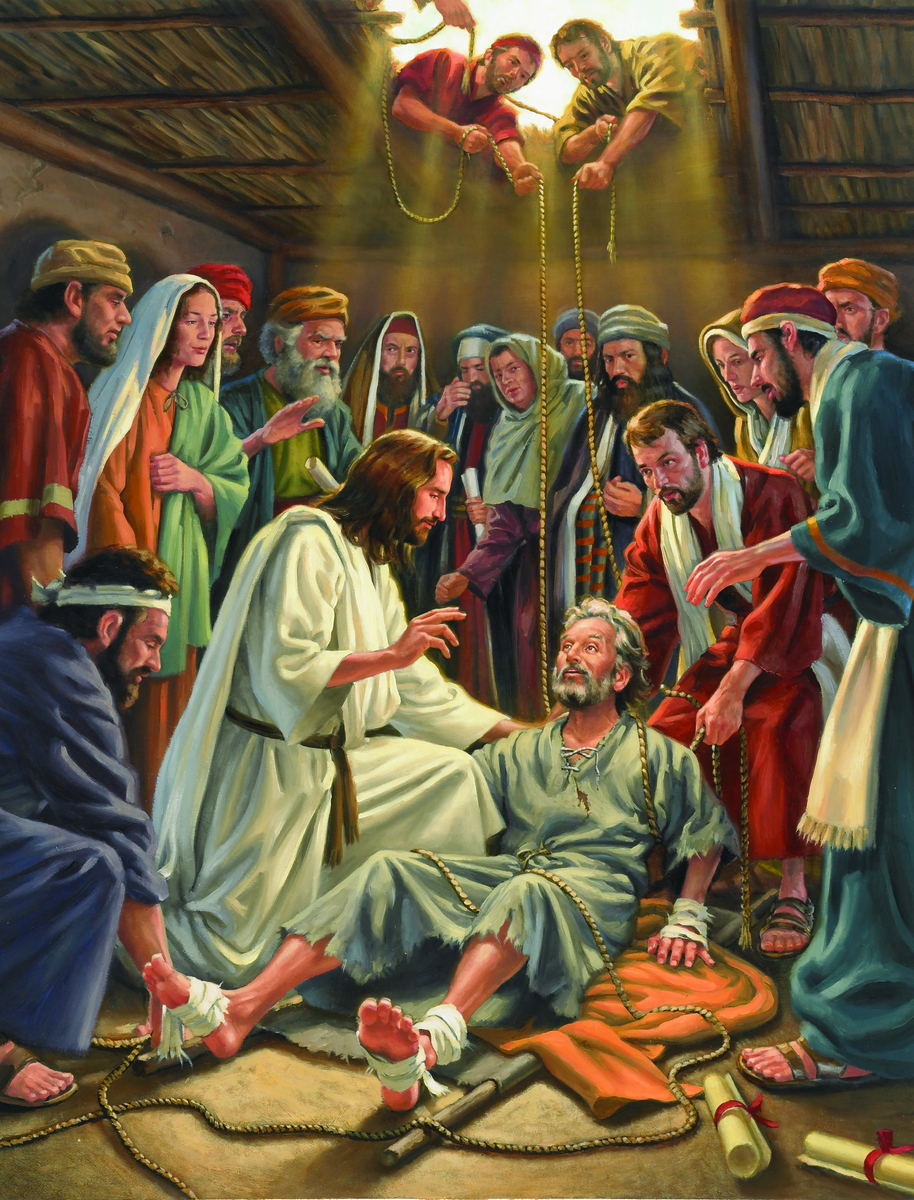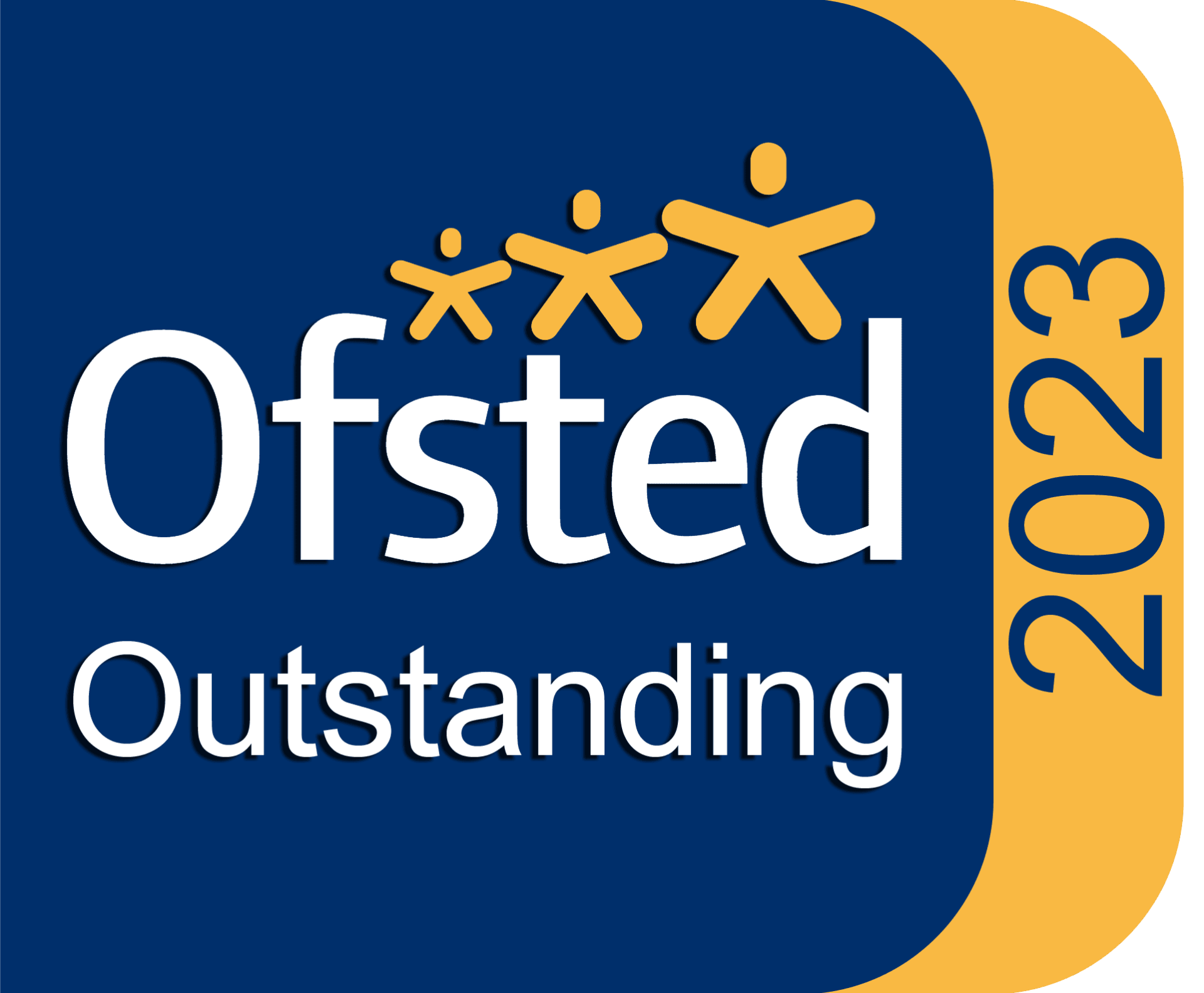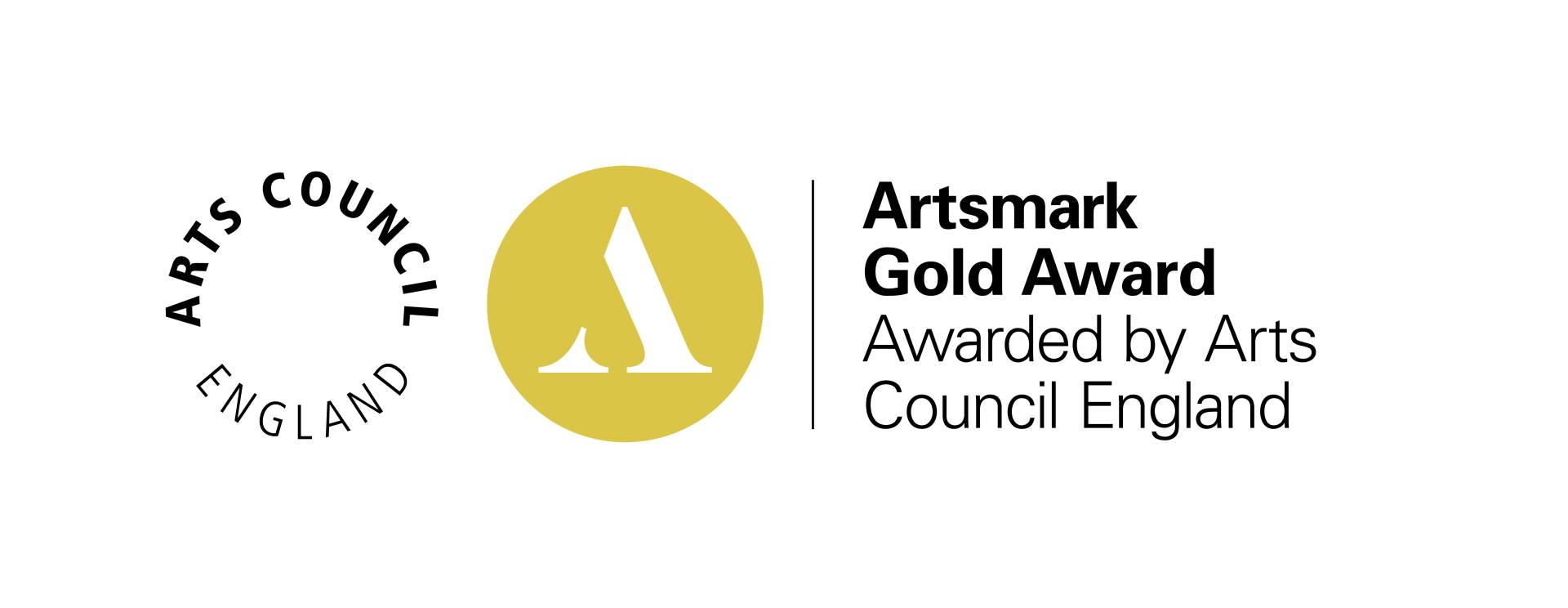Our Biblical Narrative
The story of ‘The Paralysed Man’ provides us with the basis of our school’s Christian values. The teaching of Jesus shows the whole school community how we can live out our school Bible verse, our vision and our values in all that we do each day in our work and our play.
Jesus Heals a Paralysed Man (Luke 5:17-26) International Children’s Bible
 17 One day Jesus was teaching the people. The Pharisees and teachers of the law were there, too. They had come from every town in Galilee and from Judea and Jerusalem. The Lord was giving Jesus the power to heal people. 18 There was a man who was paralysed. Some men were carrying him on a mat. They tried to bring him in and put him down before Jesus. 19 But because there were so many people there, they could not find a way to Jesus. So the men went up on the roof and made a hole in the ceiling. They lowered the mat so that the paralysed man was lying right before Jesus. 20 Jesus saw that these men believed. So he said to the sick man, “Friend, your sins are forgiven.”
17 One day Jesus was teaching the people. The Pharisees and teachers of the law were there, too. They had come from every town in Galilee and from Judea and Jerusalem. The Lord was giving Jesus the power to heal people. 18 There was a man who was paralysed. Some men were carrying him on a mat. They tried to bring him in and put him down before Jesus. 19 But because there were so many people there, they could not find a way to Jesus. So the men went up on the roof and made a hole in the ceiling. They lowered the mat so that the paralysed man was lying right before Jesus. 20 Jesus saw that these men believed. So he said to the sick man, “Friend, your sins are forgiven.”
21 The Jewish teachers of the law and the Pharisees thought to themselves, “Who is this man? He is saying things that are against God! Only God can forgive sins.”
22 But Jesus knew what they were thinking. He said, “Why do you have thoughts like that in your hearts? 23 Which is easier: to tell this paralysed man, ‘Your sins are forgiven,’ or to tell him, ‘Stand up and walk’? 24 But I will prove to you that the Son of Man has authority on earth to forgive sins.” So Jesus said to the paralysed man, “I tell you, stand up! Take your mat and go home.”
25 Then the man stood up before the people there. He picked up his mat and went home, praising God. 26 All the people were fully amazed and began to praise God. They were filled with much respect and said, “Today we have seen amazing things!”
Our School Vision
Our school vision is deeply rooted in Christian theology as it is inspired by the Bible story of The Paralysed Man.
Our vision reflects many of the themes and messages from the story particularly in terms of the actions of Jesus and the four friends.
The friends showed kindness (nurture) as they helped a friend in need, ensuring that he was looked after and seen by Jesus. Nurture is a key part of our school, where every member of our school community shows kindness, and we help one another in all aspects of school life. Nurture is embedded into our ethos, and children relish in being able to help one another. One of many examples of this are our keen Year six children, volunteering to help our newest children (Tiny Tigers) with their lunchtime routine. As well as this, children value the effort that staff put into listening to them, where they feel heard, especially by our Nurture Lead, who is available to listen and talk to those that need her the most.
The story shows determination (social justice) in ensuring the paralysed man reached Jesus. Children here are active in helping others, and this goes beyond the school grounds. Each year, our Year six children choose a charity that the whole school will raise money for. These Year six children show dedication and determination, as the paralysed man’s friends did, to make sure that those who are less fortunate than us, are cared for. In the past, we have raised a substantial money for Dementia UK, Dog’s Trust, Paula Carr Diabetes Trust and many more. The pride that our Charity Monitors have for their work is evident, and we know that placing this responsibility with them is an important part of their development here at the school.
In addition to this, the story shows the power of teamwork and problem solving (learning) in getting the man to Jesus against overwhelming adversity. We pride ourselves in teaching and encouraging teamwork amongst both students and staff and showing resilience (like the friends did) when something isn’t a simple task. This resilience will go with our children in their lives, and we know that we are helping create lifelong learners and problem solvers. Our children enjoy being part of a team of learners and are often seen helping others in their class with tasks, or seen being a part of learning themselves, sharing their knowledge in different classrooms.
The vision also drives our school policies. Our behaviour policy is based on forgiveness which reflects Jesus’s words to the paralysed man, ‘Courage my son, your sins are forgiven’.
Our Values
Forgiveness – With his friend’s nurturing support in bringing the man to Jesus, they hoped that his body would be healed. As soon as the man was placed in front of Him, Jesus was inspired by their bold belief, and said, “Friend, I forgive your sins.” In this moment of forgiveness, Jesus allowed God’s love to flood through the man’s body. When we are at school, our compassion helps us to forgive each other because we learn from Jesus’ example. We develop each member of the school community to forgive others as they would want to be forgiven themselves. Our restorative approaches and classroom practices encourage this by talking through problems and providing a fresh start each lesson. By communicating in this nurturing way, we can build our relationships and diffuse any future problems.
Aspirations – In bringing the man to Jesus, they demonstrated they valued his friendship and they had aspirations for his future. Being healed would improve his life chances and he would be able to reach his full potential. At Kingsdown, we nurture curiosity and deep thinking, allowing children time to think creatively when problem-solving. We encourage our children to be independent learners and want the best for themselves. We want each member of our community to develop their personal skills and talents and to flourish. We do this by providing a broad and balanced curriculum and enrichment activities that give the children opportunities to participate in activities that they may never had the experience of. This then may spark a new interest or skill. We support all members of our community to be successful both academically and personally.
Interdependence - The man's friends had to work tirelessly together to get him up on the roof. They collaborated well and demonstrated their interdependence and resilience in adversity in each other. The man had to depend on his friends to get him to Jesus. We work together as a team, supporting and caring for one another. We rely on different members of our school community for support and assistance. The children are taught about interdependence through the curriculum - especially in sports. We have an active awareness that ensures inclusivity, by making sure no-one is left out. We have created a community of learners who can make an individual collective difference the world around them, starting with their local community and including the global environment. We seek to build a sense of community and mutual support amongst staff through the use of Lesson Study, effective coaching and mentoring, performance management, work parties, collaborative observations and well-being staff meetings.
Trust - The man trusting his friends to lift him onto the roof and lower him down to Jesus, shows us that we should trust others to help us. We are a nurturing learning community which includes each member of our school community by reflecting about their needs, feelings and aspirations. We recognise and celebrate the contribution each person makes. Celebrating their God given skills and talents helps them to push themselves further. The whole school community places trust in children, teachers, staff, parents, governors and members of the school community to embrace the high expectations of our school especially during times of adversity.
Humility - Jesus completes many miracles and does not want others to be told of them. In our story, the people were awestruck and couldn’t believe what they were seeing. Jesus is humble and does not show off His power. We also encourage members of our community when they succeed, to be humble in their victory, whether it be a team effort on the sports field or an independent victory. We sum it up by using this quote 'Humility is not thinking less of yourself; it is thinking of yourself less'. We encourage our children to think of others before themselves, showing a considerate response whatever the outcome. The charity team lead the way in connecting with this story as they plan for raising funds and awareness for the needs around the world. By reflecting upon how fortunate we are, we are humbled thus driving involvement in projects. The children see their power in affecting positive changes.

 Kingsdown & Ringwould
Kingsdown & Ringwould




